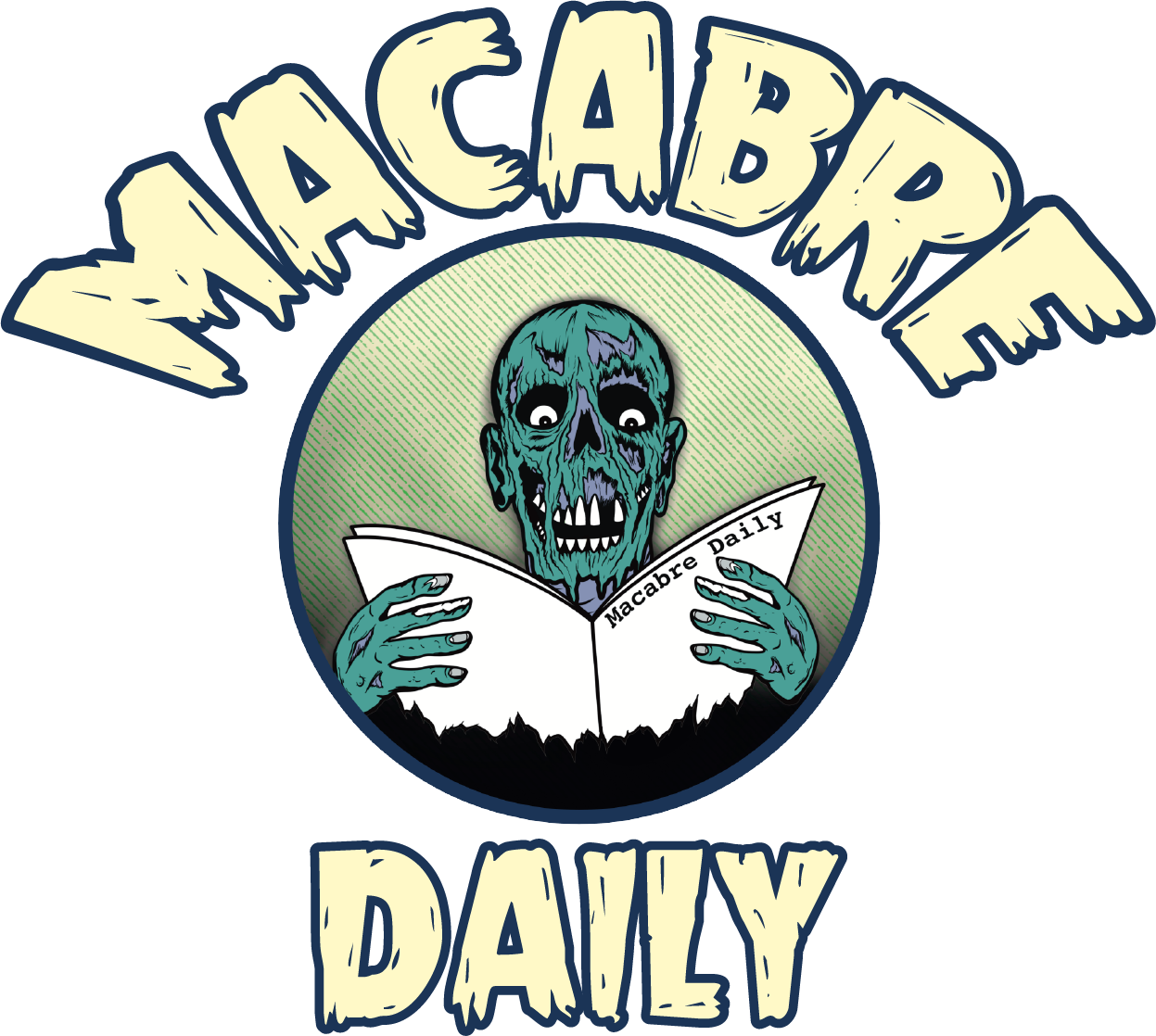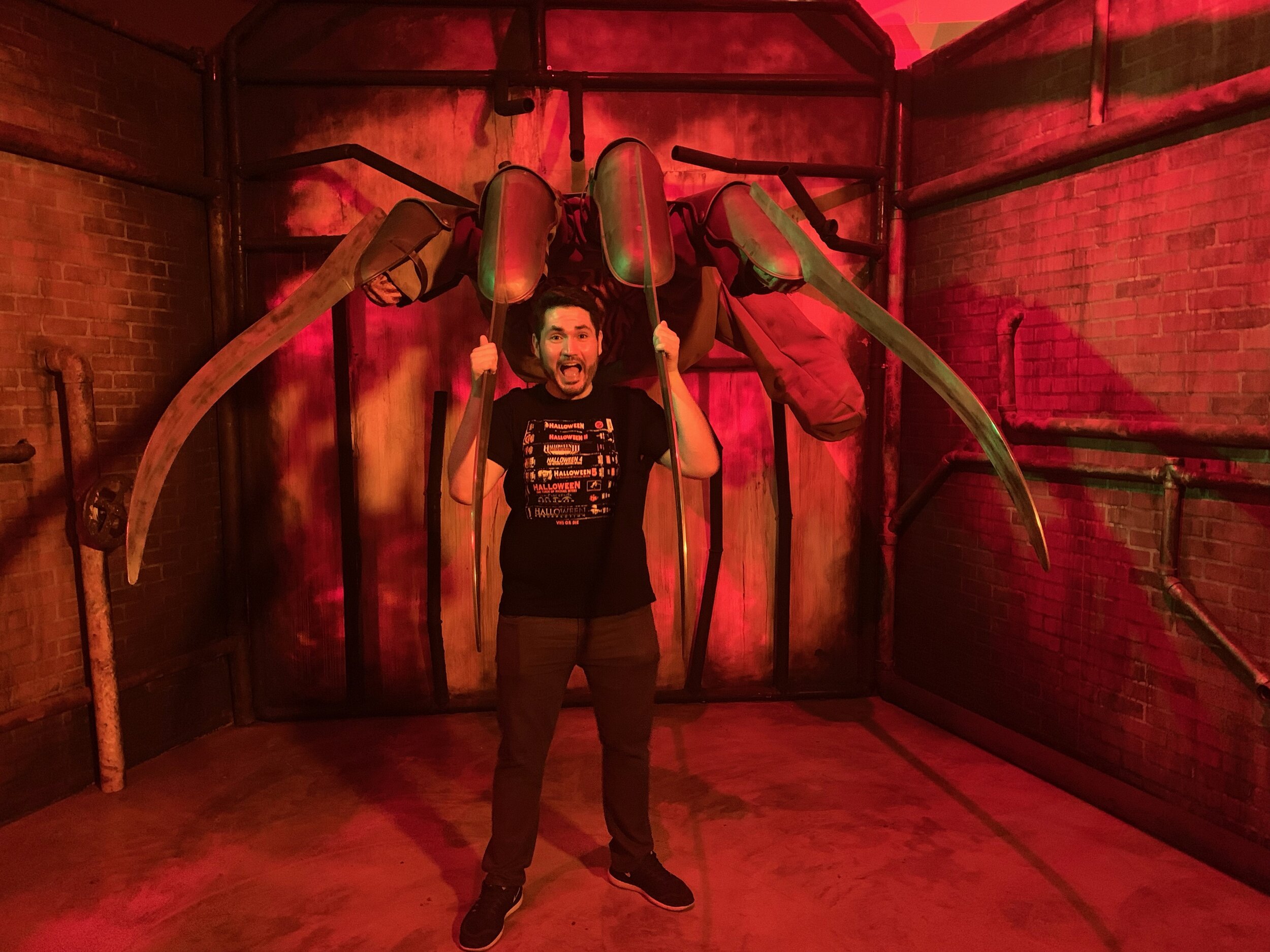What Could The Election Results Impact The Horror Genre? (OP-ED)
As the US completes an exhausting and aggressive presidential election, there are a lot of questions about what will happen next. The extreme perspectives will either tell you we are all doomed or we are finally free, but those viewpoints are too clouded by bias to be seen as objectively credible. The reality is that elections impact more than politics and play a heavy role in how the entertainment industry is run, and what kind of entertainment we are likely to see. One of the ways we process news like this is to look back on history and see how things have previously played out, and what can be done to mitigate issues in the future. The implications to the entertainment industry may be hard to forecast right now, but the impacts on the horror genre may be far easier to determine since we’ve been here before. Below are some ideas on how this recent election may shift the content, voices, and business practices we see across all aspects of the horror genre including film, television, and the literary space.
Horror Content Production
The sad truth about horror is that it often thrives during social and political unease. It is often stated that horror reflects the things societies fear the most, so it makes sense that our horror films would reflect that when people are divided and scared. Just think back to the pandemic years and the subsequent content that followed. So many films touched on subjects like “infection” or “isolation,” which were at the top of everyone's mind during the lockdown periods, and reflected those fears through monstrous metaphors. The effects on content and theme are not immediate, but over the next 12 months, expect to see more emphasis on authoritarianism, gender-based horror, and horror focused on marginalized communities and experiences. This could give way for more abrasive and intentional content that doesn’t obfuscate the message and instead, doubles down to make the point clear.
The literary world has less bureaucracy when it comes to diverse perspectives and experiences. Although barriers remain, it is reasonable to expect that horror books will continue to come from self-published or independent publishers who are not beholden to shareholders when it comes to content policing. This could also mean that mainstream literary horror will not center around as many progressive writers and topics to avoid inciting even more cultural warfare against books. The same can be said of comics in that they often thrive due to increased focus on indie publishers and self-publishing, so we can expect to see content that reflects more potent ideas that aren’t filtered through the lens of mainstream acceptance.
The biggest threat to horror content is the fear that some creators will have in creating authentically. Studios will likely not push back against the rallying cries of folks who claim that horror is “too woke” and will differ from safer films and possibly continue the trend of remakes and retcon sequels to avoid confronting the financial insecurity that new IP and ideas bring. The increasingly religiously-centric government leaders will likely fight back against content they deem inappropriate and there will be little in the way of protections to assure companies that having their creators' backs is the right way to go as they opt for the more financially secure and less “controversial” option. The only real protection that exists is in the form of independent studios, but again, some of them being owned by larger conglomerates may have an unfortunate trickle-down effect on the content they can provide. Will studios and independent production houses want to release content that is critical of an administration that has promised retribution against besmirchment? Ultimately, one side has to call the other’s bluff before we will know what convictions are in place.
Horror Content Creators
The “good” news is that the resistance to the current political climate may invigorate creators to take a more aggressive positional stance. It is reasonable to expect an increase in the amount of female and marginalized voices as well as the uplifting of existing voices to combat the rhetoric that is actively against them. To be clear, the supposed positive here isn’t one associated with the pain that marginalized creators will fall under due to the next administration's policies. In an ideal world, everyone would be able to create equally without having fear and marginalization as a motivator, but it is impossible not to correlate the content created to the socio-political and cultural happenings of a given period. Horror thrives even when times are good, but when things aren’t going well, the content does make a decidedly darker tonal shift.
The beginning to the end of the 80’s is a good reference point here. At the start of the decade, enthusiasm was high after the election of Ronald Reagan. Sandra Day O’Connor becomes the first woman appointed to the US Supreme Court and MTV debuts to give a platform to America’s youth on cable television. As the decade progressed, the threat of the AIDS virus, as well as the devastating effects of “trickle-down economics” and increasing racial inequality, shifted the tone of horror from the shallowness of slashers to more challenging genres like body horror (“Hellraiser” and “Dead Ringers”) and distrust of authority (“They Live” and “Maniac Cop”). The tonal shift from playful to poignant can be directly related to the shift in economic inequality, class division, and the increased marginalization of people of color, particularly Black Americans and Gay Americans. Horror became less fantasy and more factual, and that was because the culture itself has become more afflicted.
Something else that will have a direct impact on Horror content creators are the platforms that they may, or may not, be able to use going forward. The US TikTok ban is set to take place at the end of 2024 if something doesn’t change, and if the ultra-conservative folks get their way they will likely start to come after other platforms and content creators to vilify them as a means to create more puritanical content. Horror has always existed on the fringes of acceptability in society, and while its popularity grows, there are still many who believe it’s “evil.” Much like the retribution against violence in movies and video games in the 90s, horror content creators may find themselves at odds with the religious right and be in the spotlight for superficial reasons. We must push back against these aims of eroding safe spaces, and stand in solidarity with the horror community if content that is benign comes under attack.
The Horror Community
One of the biggest challenges that divisiveness plays is in the fracturing of communities of people who bond over shared interests. We have seen examples of this playing out in families for many years, where some members are ostracized because of their beliefs or identities and treated as “others” by those who supposedly love and care for them. This kind of familial disruption happens in hobby communities as well, and we’ve already seen this playing out since 2016, where in-fighting occurs largely due to strong stances and political affiliations. Make no mistake, the ramifications of this new administration will have long-lasting effects on relationships and communities of people. Divisiveness will increase in some areas of the community, and the vitriol may become more potent.
That said, challenging times can also bring people and communities together. Finding people who share your values, encourage respectful discourse, and are open to discomfort will be critical to crafting spaces for horror fans with different identities to support each other. Seeking community is one of the most effective ways of minimizing the sense of loss and dread that accompanies changes in administration. To be clear, this is not a means to say that one should retreat to their echo chambers and shut out the world, but rather to find people who will cultivate an environment where horror fans can show up as they are and get treated with respect regardless. Perhaps this is the most important takeaway; finding solace in each other and creating spaces for people to live authentically through the genre will determine how the horror community collectively resists.
There is strength in numbers, and while the internet has been the culprit of so many issues in our modern age, we cannot forget what positives emerge. The ability to find like-minded people, the shared love of genre film and franchises, and the explosion of content across all mediums provide so many avenues for horror fans new and old to find one another. Yes, there is going to be a lot of pain, suffering, and likely sadness as a repercussion of the most recent election, but it doesn’t have to be the kiss of death to genre and community. Stand up for the rights of those being attacked, protest injustice, and don’t be afraid of doing the right thing. The horror community can bring so much joy in dark times, and now more than ever it is important that we create solidarity with each other to persevere through what will likely be a very turbulent 4 years.
In Closing…
What makes this different than 2016? The truth is, we don’t know yet and likely won’t know until January 2025. What can be said is that 2016 was a turning point for US politics, and the impact it had on the horror genre may be hard to see as its connections are not direct. Take the Writers Union and SAG-AFTRA strikes that lasted far longer than they should have devastating an industry of mostly independent contractors and project-based workers causing many to leave the industry behind. The conservative anti-union view has played a significant role in the kinds of collective bargaining deals that unions and studios strike, and the more the government enables studios to shirk responsibilities for safe, gainful, and secure employment the more it will cause the industry to suffer from talent drain and lack of inspiration.
2024 feels different than 2016. The voices in support of conservative policies have grown louder, and if we refer to voting numbers, in large volumes. The attack on books was due to the increased fanning of culture war flames that has made some of the most important books in literature enemies of the state. The emboldened feeling that some may feel from this recent election may become increased activity trying to ban, remove, and deter people from creating horror content. Will they succeed in taking down the entire industry? Probably not, but it will make it harder for creators to create, for production houses to produce, and for content to push the boundaries of the genre.
Stay up to date with “The Dark Side Of Pop Culture” by following Macabre Daily on Instagram, Facebook, and Twitter.












